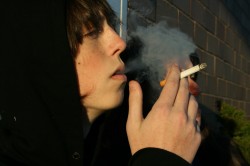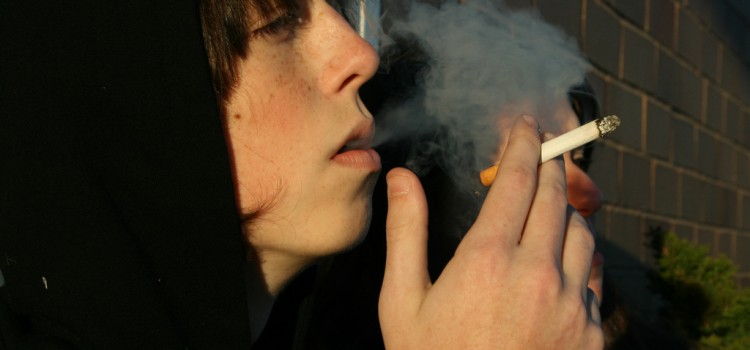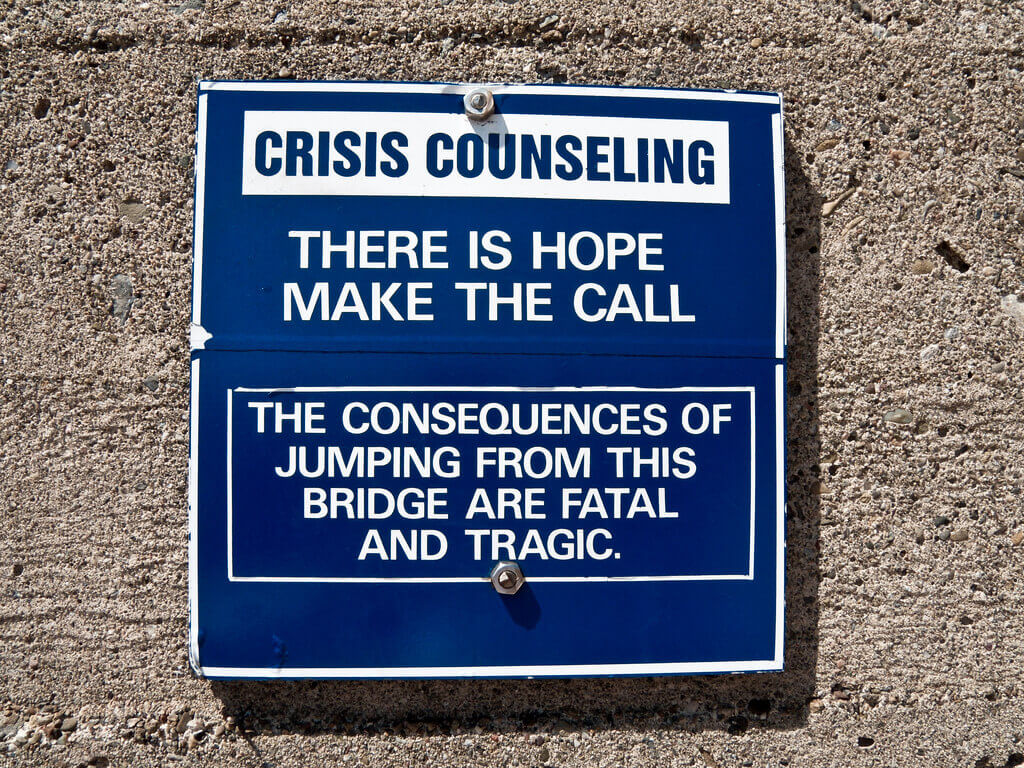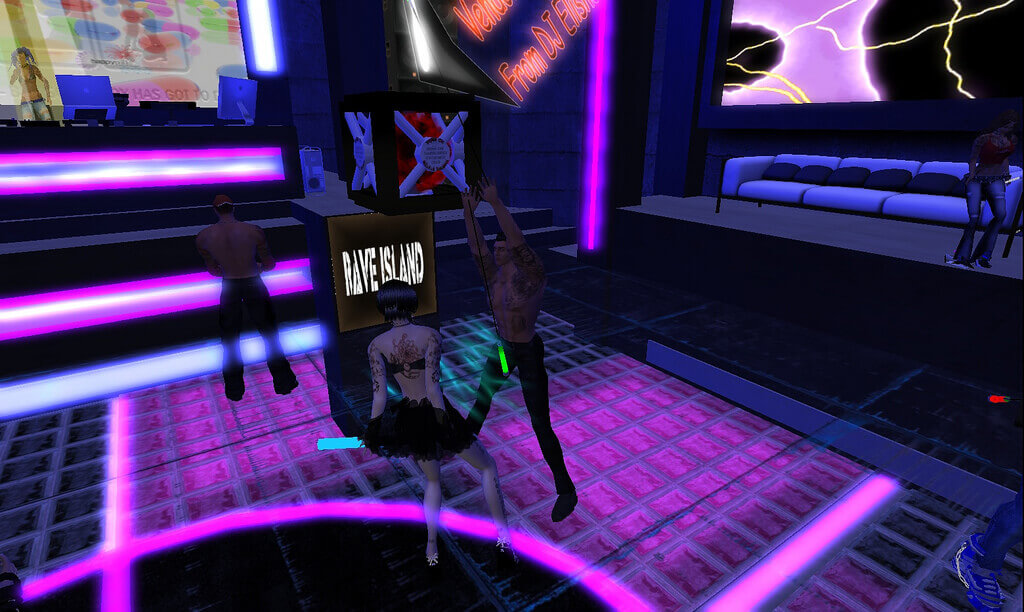Some of the symptoms of teen drug abuse include:
* News friends (often of questionable character)
* Increased secretiveness
* Pulling back from family and friends
* Paying less attention to appearance and hygiene
* Dropping school grades
* Lack of interest in extracurricular activities
Some things to watch for:
* Use of incense, room deodorant, or perfume to hide smoke or chemical odors
* Subtle changes in conversations with friends, e.g. more secretive, using “coded” language
* Change in clothing choices: new fascination with clothes that highlight drug use
* Increase in borrowing money
* Evidence of drug paraphernalia such as pipes, rolling papers, etc.
* Evidence of use of inhalant products (such as hairspray, nail polish, correction fluid, common household products); Rags and paper bags are sometimes used as accessories
* Bottles of eye drops, which may be used to mask bloodshot eyes or dilated pupils
* New use of mouthwash or breath mints to cover up the smell of alcohol
* Missing prescription drugs—especially narcotics and mood stabilizers
These changes often signal that something harmful is going on—and often that involves alcohol or drugs. You may want to take your child to the doctor and ask him or her about screening your child for drugs and alcohol. This may involve the health professional asking your child a simple question, or it may involve a urine or blood drug screen. However, some of these signs also indicate there may be a deeper problem with depression, gang involvement, or suicide. Be on the watch for these signs so that you can spot trouble before it goes too far.
It is suggested to speak with a drug rehab or drug treatment program for more information regarding teen drug addiction or young adult substance abuse. There are even specialized places for young adult drug rehab.





